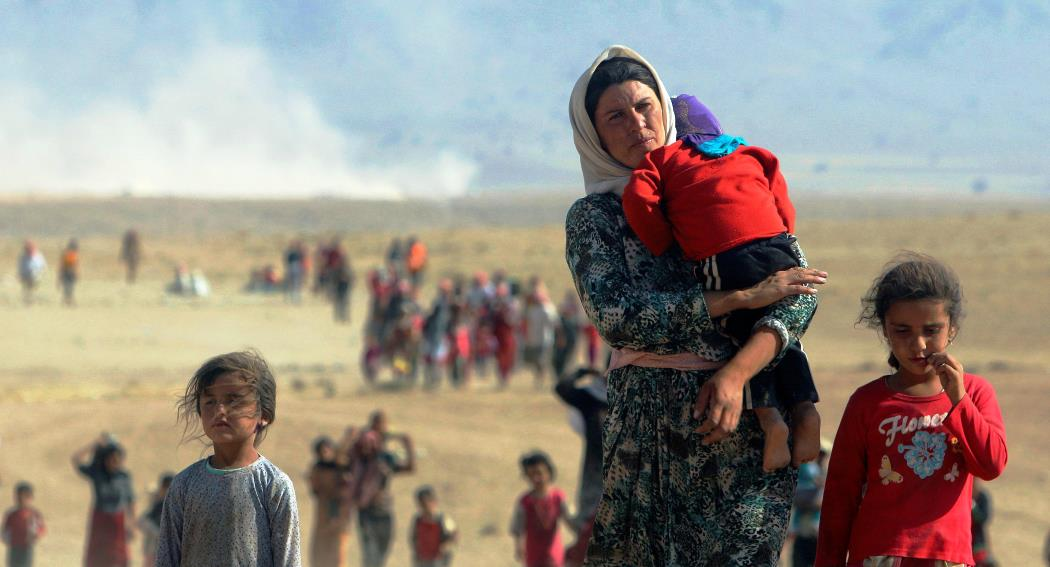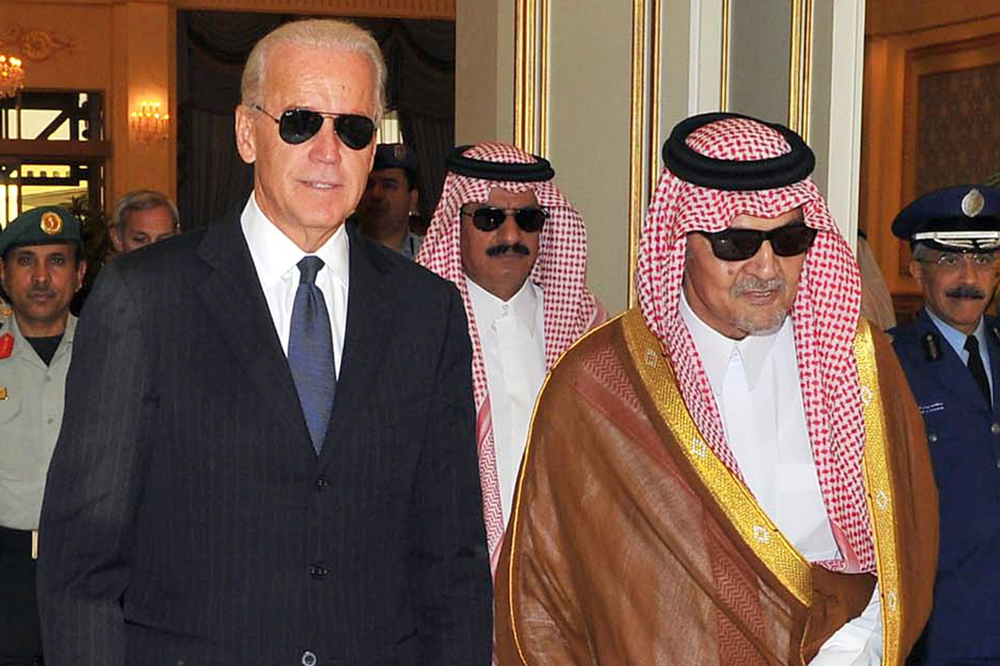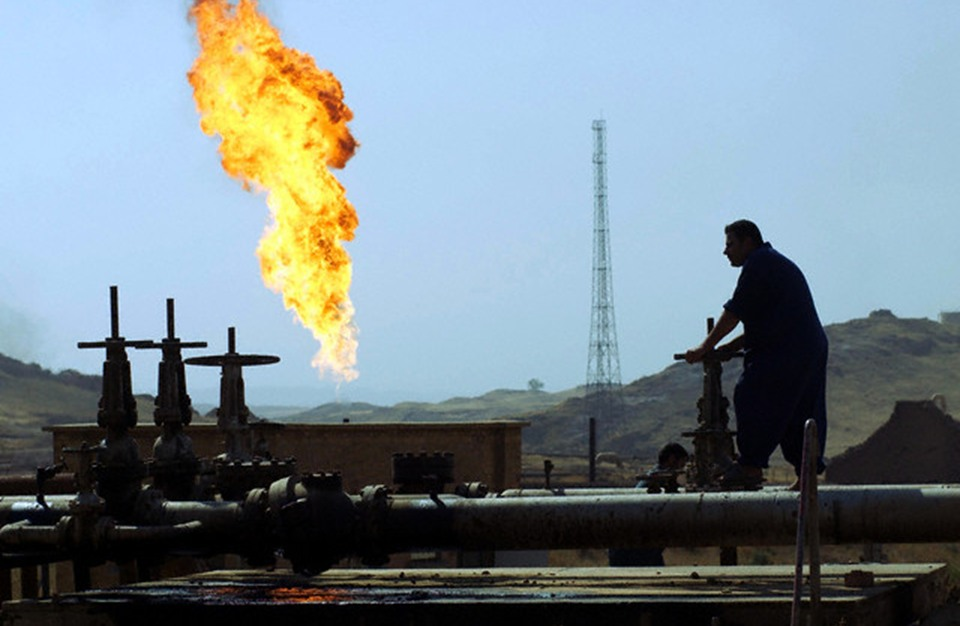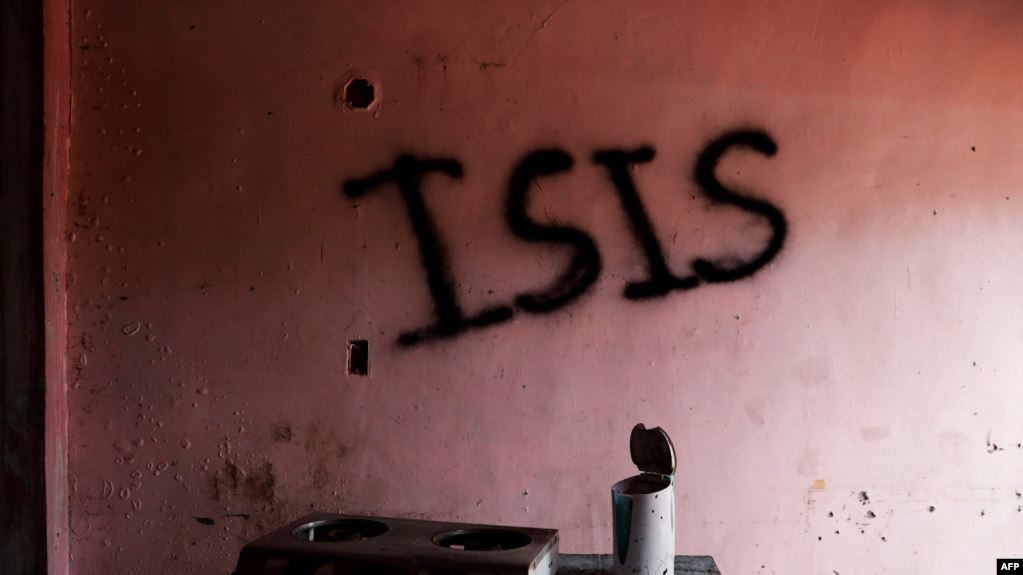From Lebanon to Syria, then to Iraq, security gaps facilitate drug trafficking
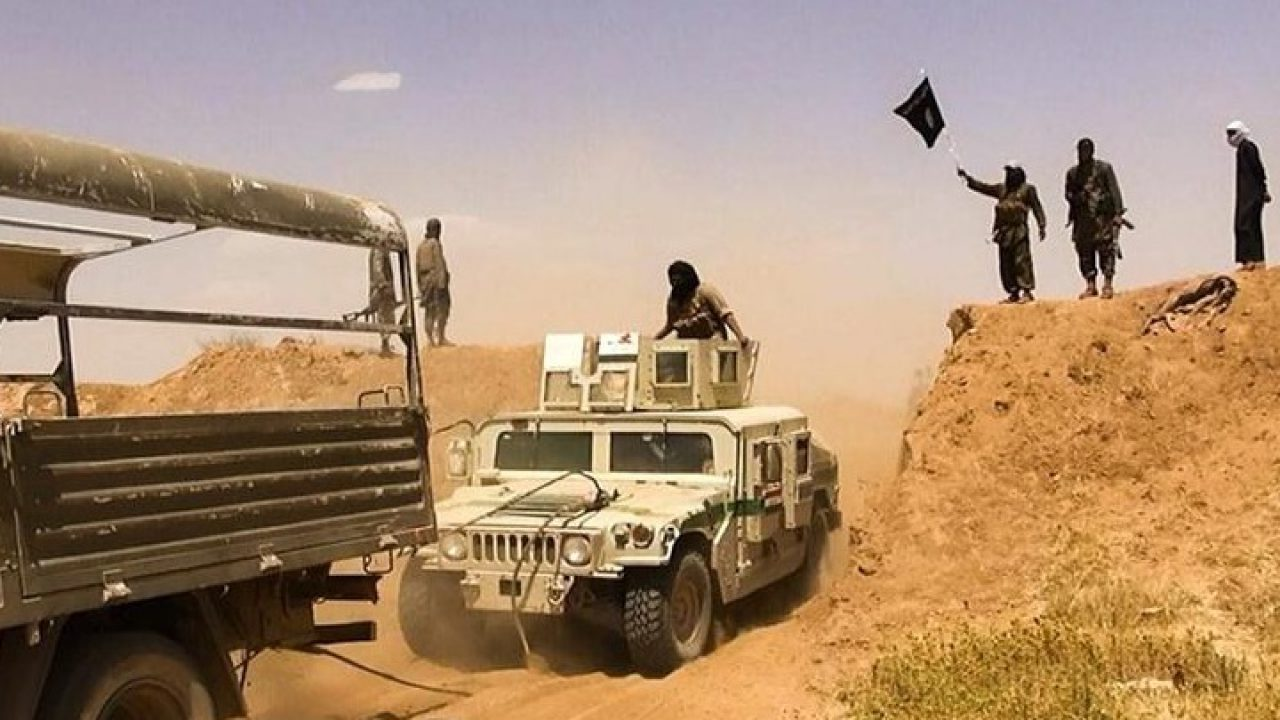
782 suspects of terrorism and drug trafficking have been arrested in the governorates of Basra, Nineveh, Al-Anbar and Saladin in 2020.
A security source in the Iraqi Military Intelligence Directorate on Tuesday revealed to Shafaq News Agency that 48 wholesalers of illegal drugs was arrested, and thousands of narcotic pills known as “01” and drug crystals were seized.

